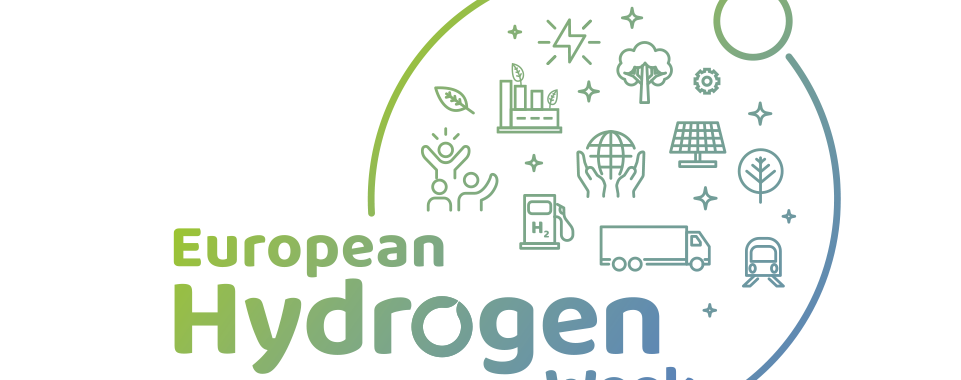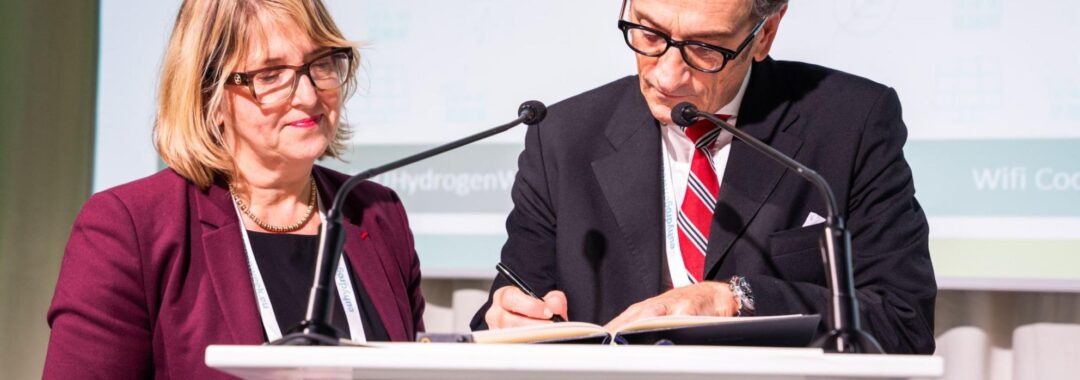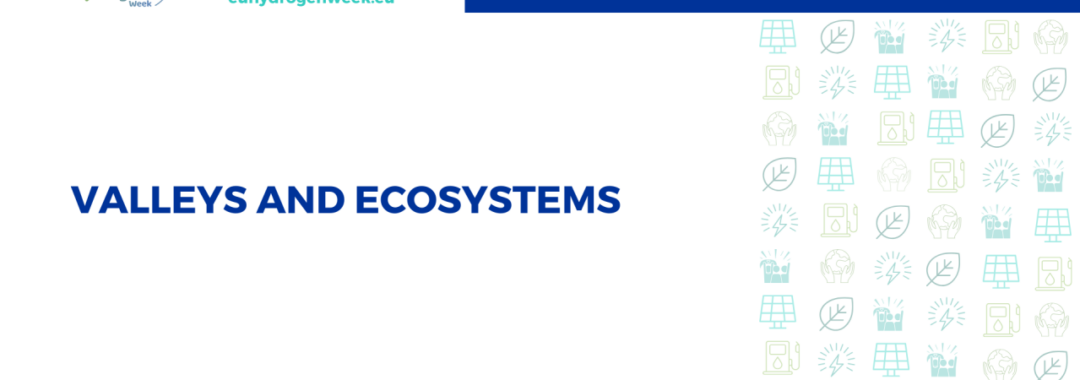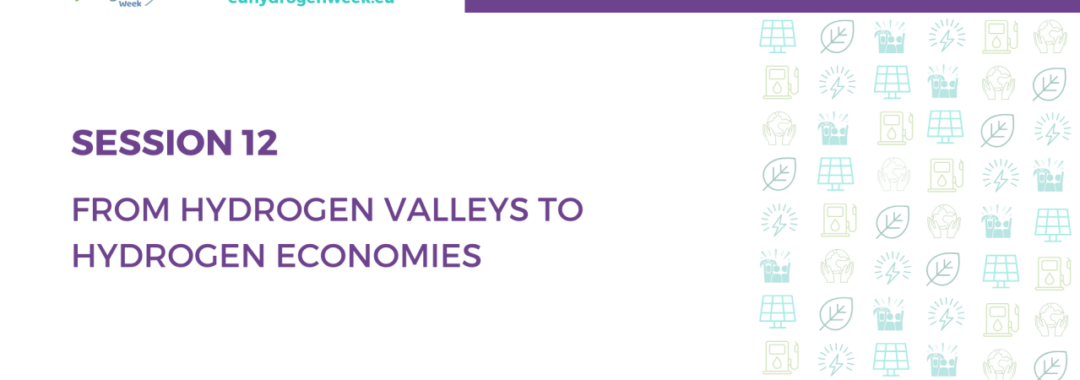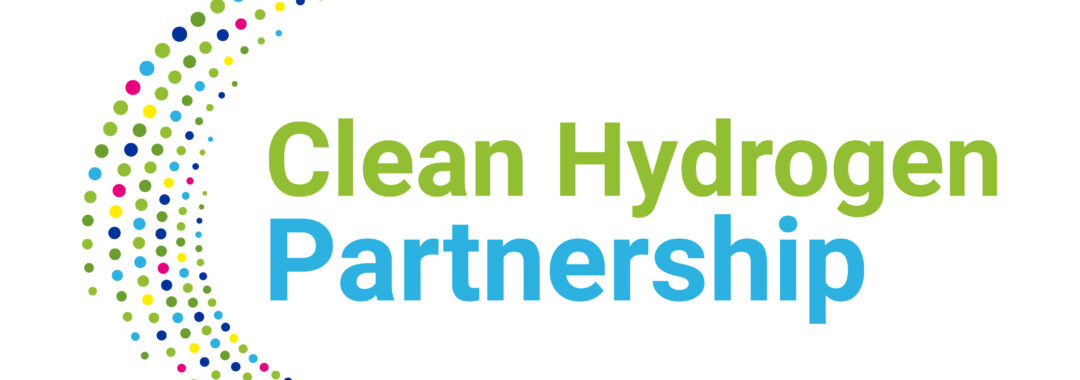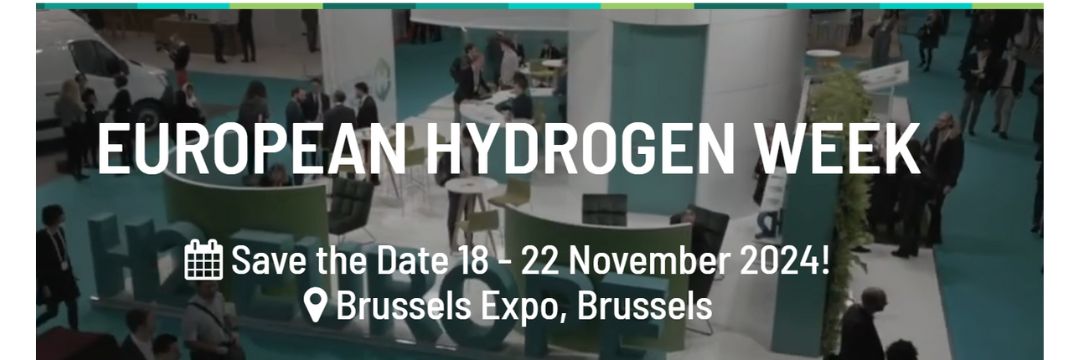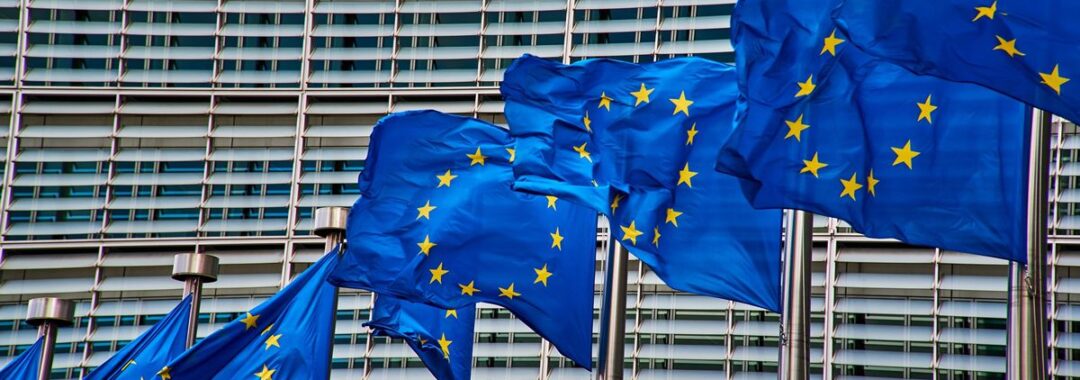The European Union (EU) is accelerating its push towards a hydrogen-powered future, outlining key actions to establish at least 50 operational or under-construction Hydrogen Valleys by 2030. These localized clusters, where renewable hydrogen fuels local industries and transportation, are seen as crucial for a viable European hydrogen economy.
The Commission published a Staff Working Document outlining the strategic priorities and actions that are currently ongoing or planned.
Commission Unveils Strategic Priorities:
- Hydrogen Valley Facility: Through the Clean Hydrogen Joint Undertaking, the Commission will create a facility to support early-stage Hydrogen Valleys, nurturing them towards construction readiness.
- Clean Hydrogen Knowledge Hub: Building upon the existing European Hydrogen Observatory, a new hub will offer stakeholders a centralized platform for information access, facilitating data analysis and informed decision-making.
- Strategic Research and Innovation Agenda: Aligned with the updated Strategic Energy Technology (SET) Plan, the Commission will collaborate with member states and stakeholders to implement the Green Hydrogen Strategic Research and Innovation Agenda.
- Integrated Projects of Common European Interest (IPCEIs): Four waves of hydrogen IPCEIs have been approved, leveraging over €43 billion in public-private funds to support 120+ projects involving nearly 100 European companies.
- European Hydrogen Academy: Launched in January 2024, the academy received €3 million from the EU and is envisioned to evolve into a broader «European Net-Zero Industry Academy» offering education and training for a decarbonized future.
- International Cooperation: The Commission is intensifying collaboration with international partners on clean hydrogen deployment and market development, leveraging the Clean Hydrogen Mission under Mission Innovation.
- Increased Funding: An additional €200 million has been invested in the Clean Hydrogen Joint Undertaking specifically to bolster support for European Hydrogen Valleys.
Commissioner Ivanova Emphasizes Hydrogen’s Role:
Iliana Ivanova, Commissioner for Innovation, Research, Culture, Education and Youth, highlighted the strategic importance of clean hydrogen for the EU’s green energy transition and energy independence. She emphasized the significance of Hydrogen Valleys and the need for collaboration in achieving the 2030 target.
Hydrogen Valleys: Cornerstones of a Clean Energy Future:
Geographical areas where clean hydrogen powers local households, transportation, and industries, Hydrogen Valleys are the backbone of a sustainable European hydrogen economy. Originally a European research concept, they are now a global phenomenon.
Current Landscape and Future Support:
With 21 Hydrogen Valleys in Europe, the continent is a leader in this domain. Globally, the count stands at 98, with 67 located within the EU. However, most of these valleys (around 75%) are still in early stages and require diverse support to reach construction readiness. The REPowerEU scheme has addressed this by contributing additional funds to accelerate the roll-out of these vital projects.
The EU’s commitment to clean hydrogen and Hydrogen Valleys is clear. By fostering collaboration, research, and targeted funding, Europe is accelerating its journey towards a sustainable and energy-independent future.
